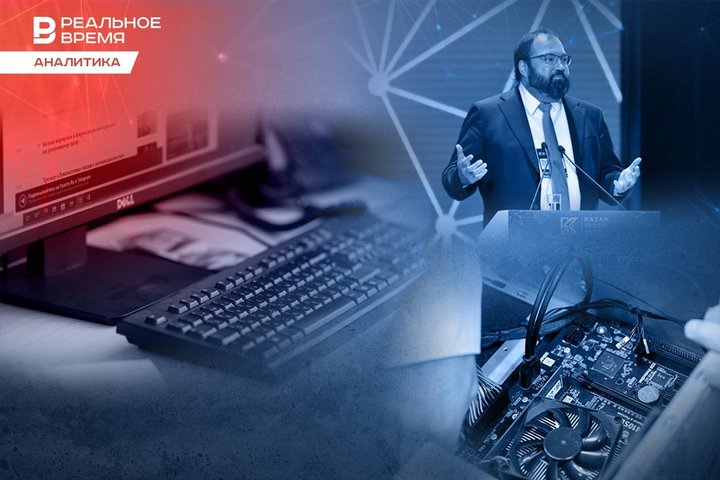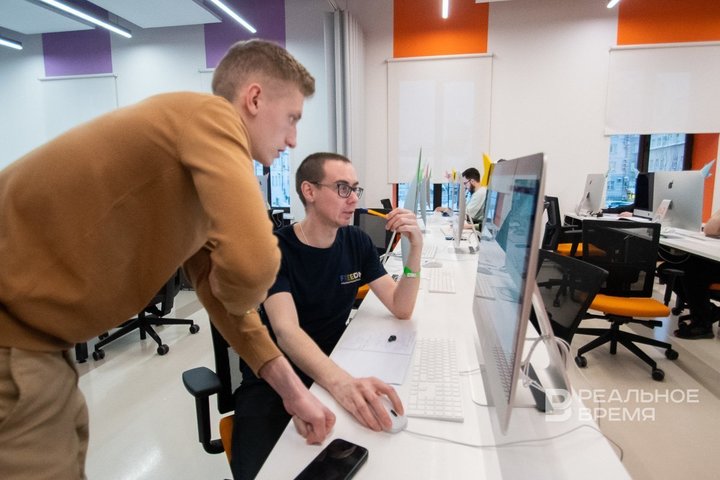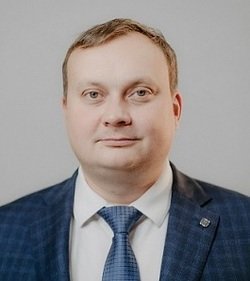Through the thorns of sanctions to Astra: Tatarstan begins the transition to domestic software

For officials and state-owned companies, the hour D is coming — from 1 September, they are required to begin the transition to domestic software and then switch to domestic equipment. Tatarstan began this work as one of the first in the country: more than 150,000 workplaces in 82 organisations are installing Astra domestic operating system. The Ministry of Digital Development of the Republic of Tatarstan claims that they will meet the deadline strictly “according to schedule.” Experts admit that the process of switching to Russian software is not a quick matter: many programs were too closely tied to Western software. This process may take 5-6 years to complete. Read about how this work is going in the republic in a report of Realnoe Vremya.
Government agencies will begin switching to Russian software from 1 September
Government agencies and key Russian enterprises will have to switch to domestic software and equipment from 1 September 2024 to 1 January 2030. The corresponding resolution was approved by the government of the country. We are talking about entities of critical information infrastructure that include government agencies and enterprises or individual entrepreneurs using information systems in such important areas as healthcare, science, transport, communications, energy and others.
Foreign software and equipment will be gradually replaced with domestic software and equipment registered in the registers of Russian radio-electronic products and software.

Earlier, head of the Ministry of Digital Development Maksut Shadayev stated that state-owned companies are required to switch to basic Russian software by 1 January 2025.
“Our president signed an order on 12 June that by 1 January 2025, all state-owned companies must ensure the total replacement of operating systems, office packages, virtualisation systems and database management systems,” he said. “In this sense, the KPI is quite strict. This will definitely give us additional demand.”
The topic of import substitution of software has been discussed in Russia since 2014, but this topic became most active in 2022 when many foreign software developers left the Russian market.
Tatarstan migrates to Astra
The press service of the Ministry of Digital Development of Public Administration, Information Technology and Communications of the Republic of Tatarstan clarified that the transition is being carried out according to the planned schedule. Astra operating system is installed on computers of government bodies, ministries and departments and educational institutions of the republic.
ICL Services helped select the optimal Russian operating system to replace Windows. The Tatarstan administration was one of the first to start work on import substitution, says Dmitry Ignatyev, senior director of the Workplace Infrastructure Consulting Group at ICL Services. More than 150,000 workplaces in 82 organisations, including ministries, departments and subordinate organisations as well as local authorities were subject to import substitution.
The task was complicated by the lack of a single register of equipment in operation as well as the ramification and heterogeneity of the device fleet, since organisations often had their own unique computer configurations.

For critical devices that could not be migrated quickly, a Dualboot solution was developed: two systems were launched on one computer at once, and it was possible to temporarily switch between them until the migration solution was adapted.
The project is currently ongoing: the migration work is actively underway, an extended image is being implemented to automate OS configuration. User devices are being transferred to Astra Linux. Some devices are still temporarily continuing to work on Dualboot solutions; a full-fledged rejection of Windows is planned for such computers individually, in accordance with the readiness of the information systems used.

In December 2023, ICL Services organised in-person training in its office for 100 key people working on migration: heads and deputy heads of local IT services, system administrators and other employees.
During the project, ICL Services experts are also replenishing the repository of instructions with documents on solving typical problems and implementing solutions for administrators as well as user documents for performing regular tasks in the new information environment.
Import substitution is not a quick process

It is quite easy to replace a text editor with a domestic one. “If something is more complicated, the transition can take much time. Therefore, today we are getting such a transition period, and this is absolutely normal,” he explains.
“There were no strong incentives to develop domestic for a long time in Russia, and 9 women do not give birth to a child in a month. Most of the software that needs to be replaced is technologically complex software, it simply takes time. It is like with airplanes,” agrees technology entrepreneur, investor and co-founder of Technocracy company Bulat Ganiyev. The process of moving to another software is very expensive, especially when key processes are tuned for, let’s say, SAP.

“In general, I am fine about protectionist measures in the economy. It was necessary to systematically pursue a policy of stimulating the purchase of domestic software by Russian companies long ago,” Ganiyev believes. “And as soon as they grow on government orders, it’s necessary stimulate their export revenue so as not to fly off the subsidies.”